Evidence-Based Nursing Inquiry: Infection Prevention Strategies
VerifiedAdded on 2022/08/20
|7
|553
|8
Homework Assignment
AI Summary
This assignment focuses on clinical inquiry within nursing practices, specifically addressing infection prevention. The student explores the importance of questioning clinical practices to improve patient safety and outcomes. The assignment includes an introduction to clinical inquiry, highlighting its significance in evidence-based nursing. The student identifies the issue of infection in clinical settings, emphasizing the challenges faced by nurses and the need for proactive measures. The assignment uses keywords related to clinical inquiry and infection prevention to search for relevant sources. Several sources and databases are selected, including works by Facchiano & Snyder, Burnett, White & Spruce, and Zitella et al. These sources provide insights into the importance of clinical inquiry, the role of nurses in infection prevention, and the use of evidence-based practices. The assignment brief requires the student to complete a matrix worksheet, providing full citations, rationale for article selection, aims, research methodologies, and strengths of the methodologies used, including reliability and validity. The goal is to apply research methodologies to the clinical issue of infection prevention.
1 out of 7
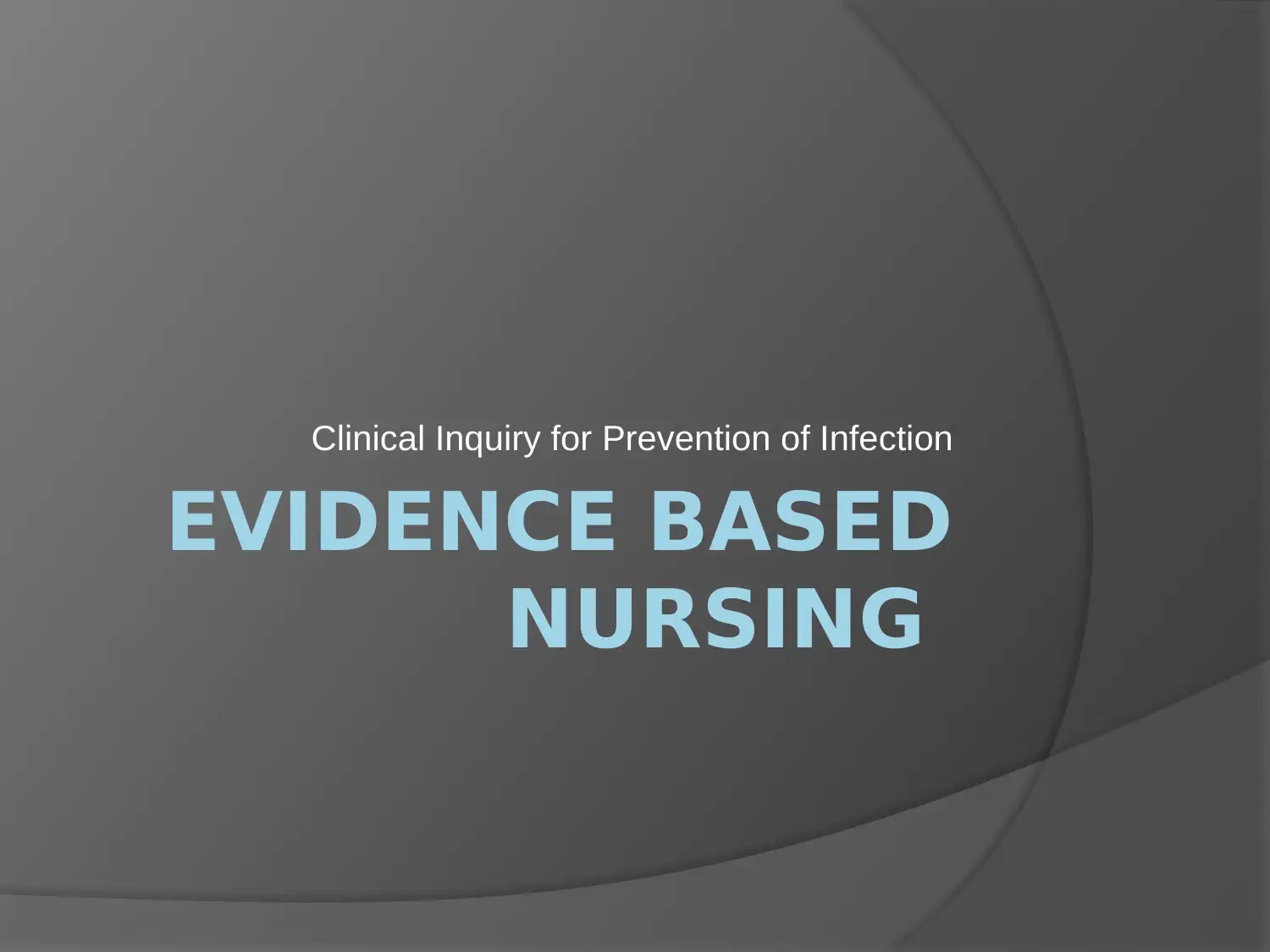
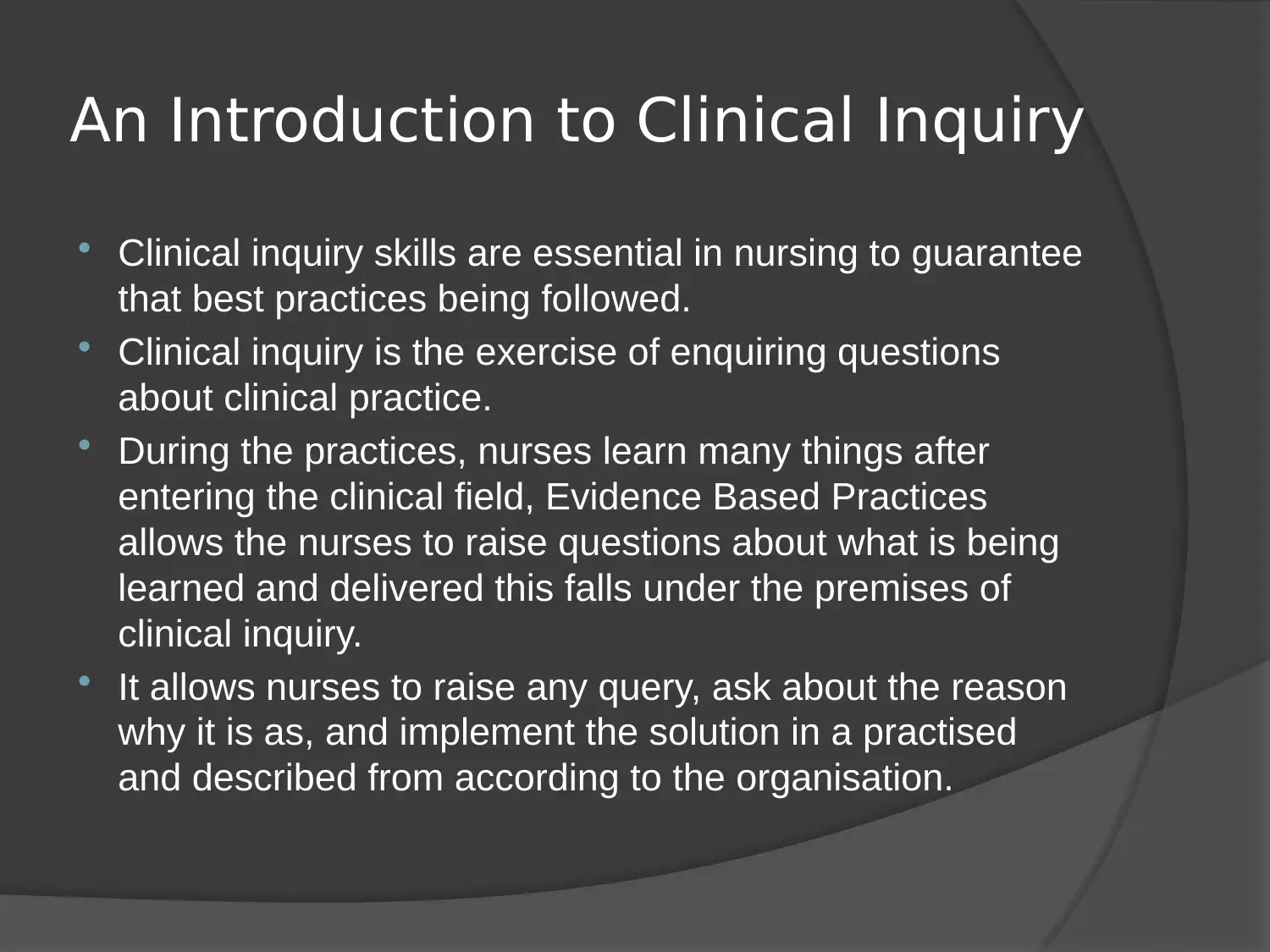
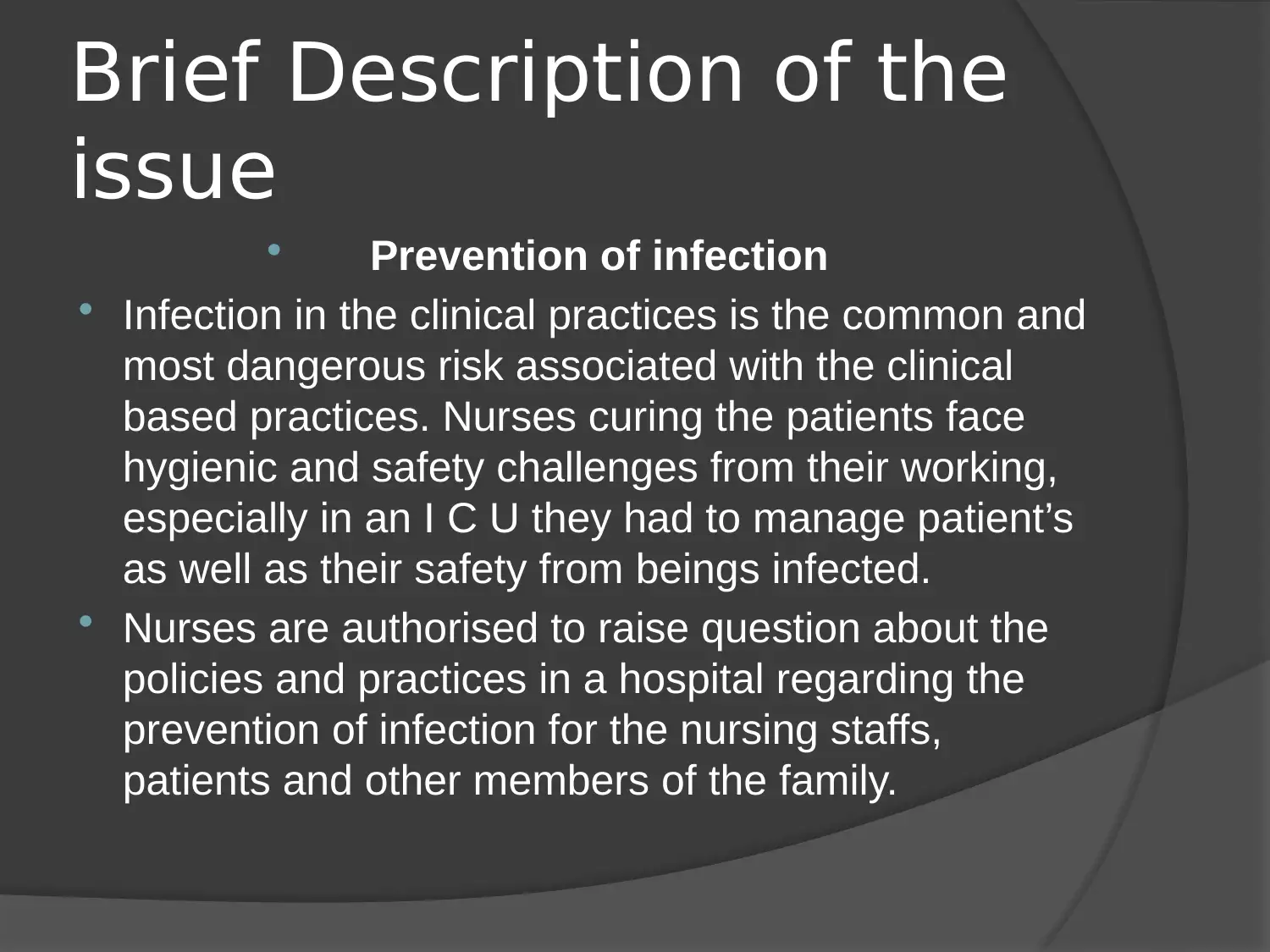

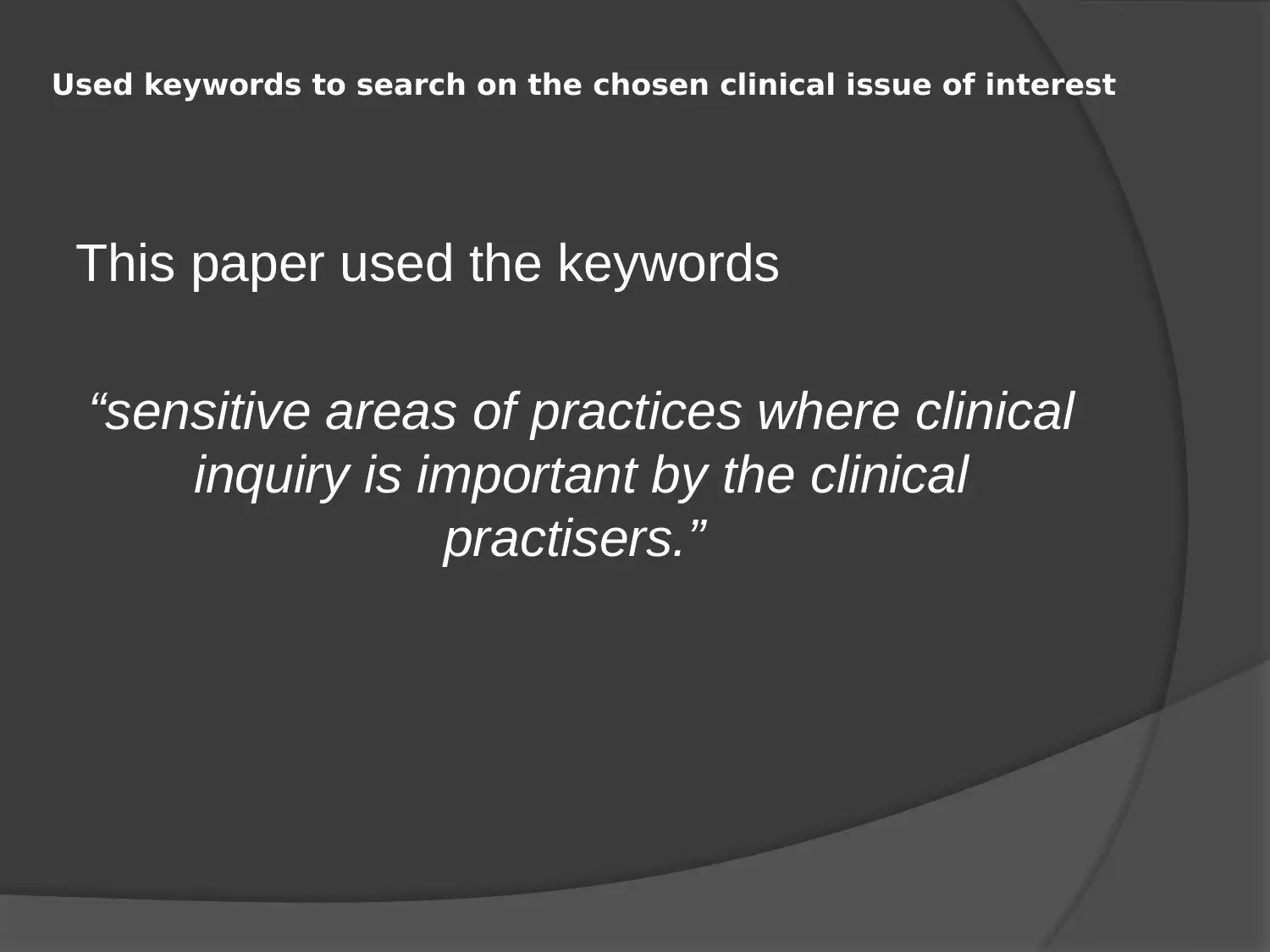
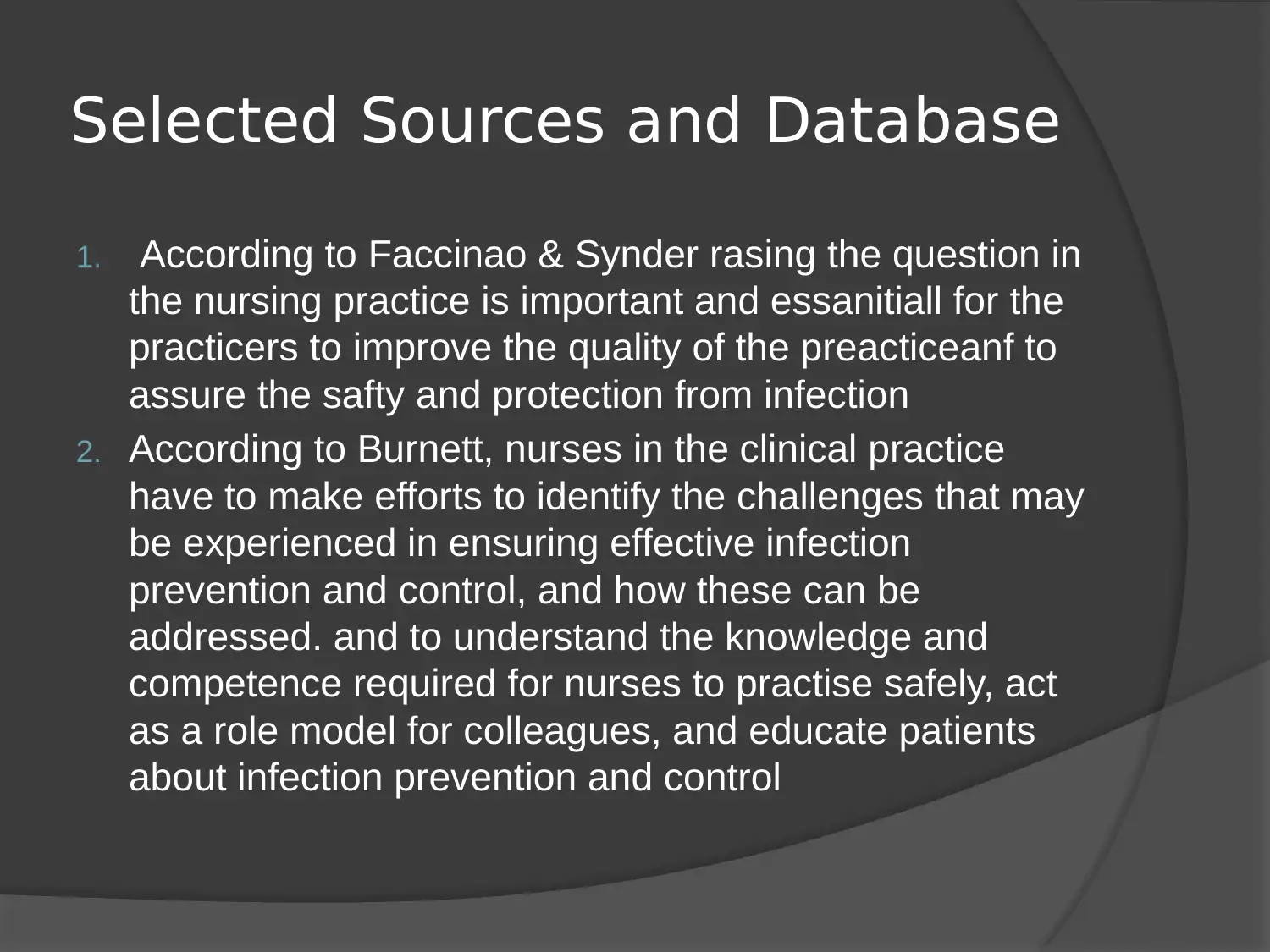
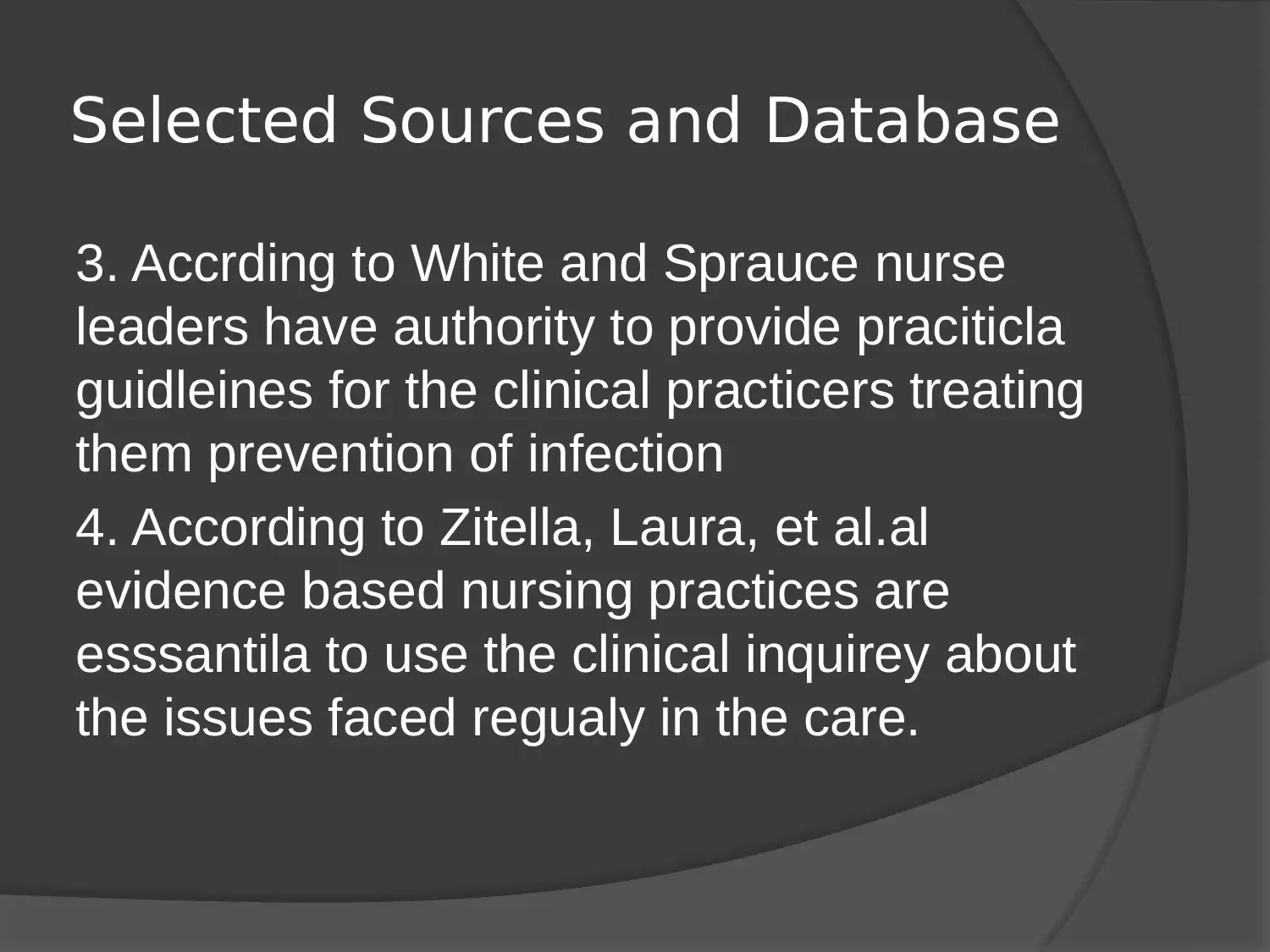
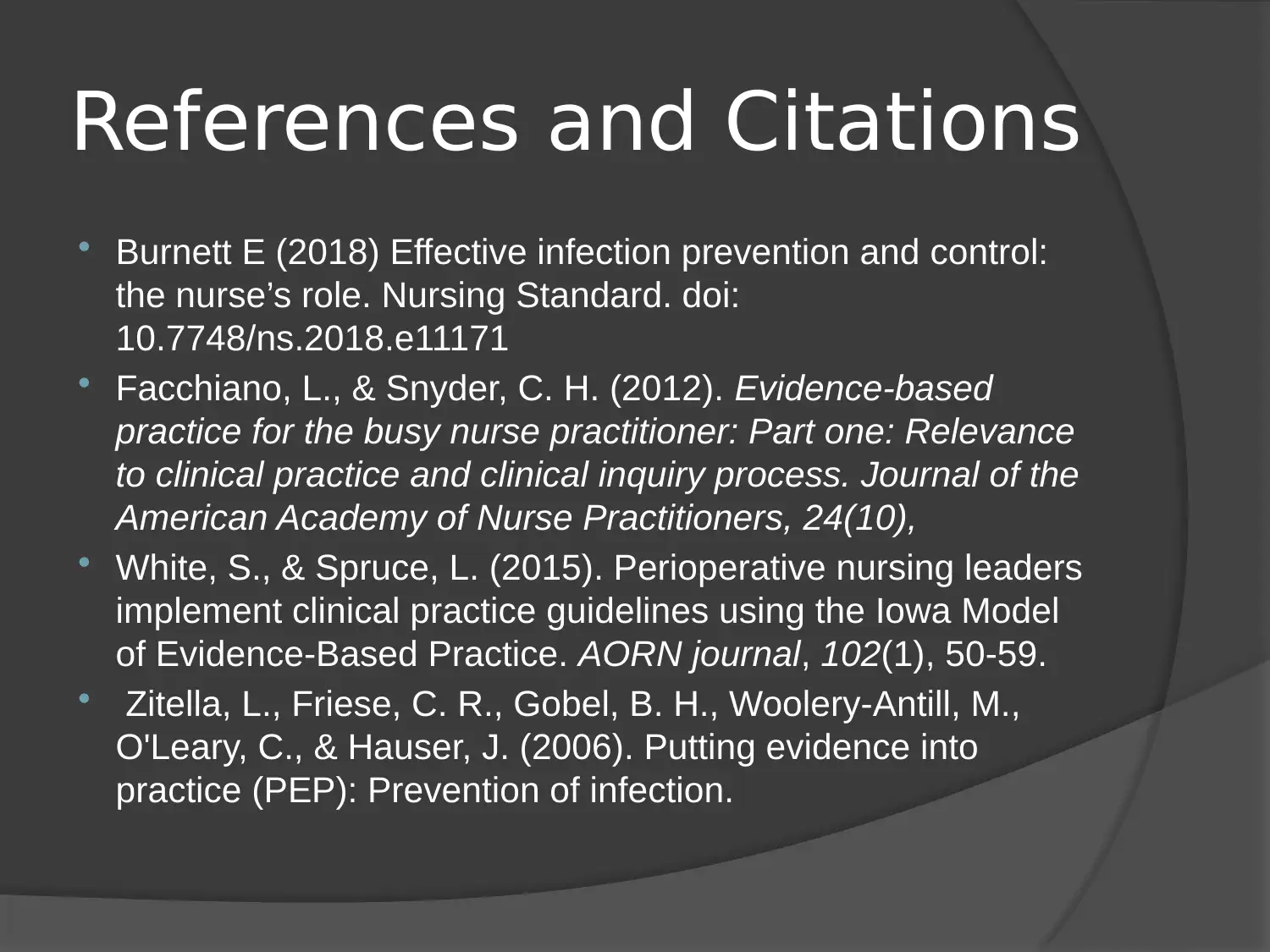






![[object Object]](/_next/static/media/star-bottom.7253800d.svg)